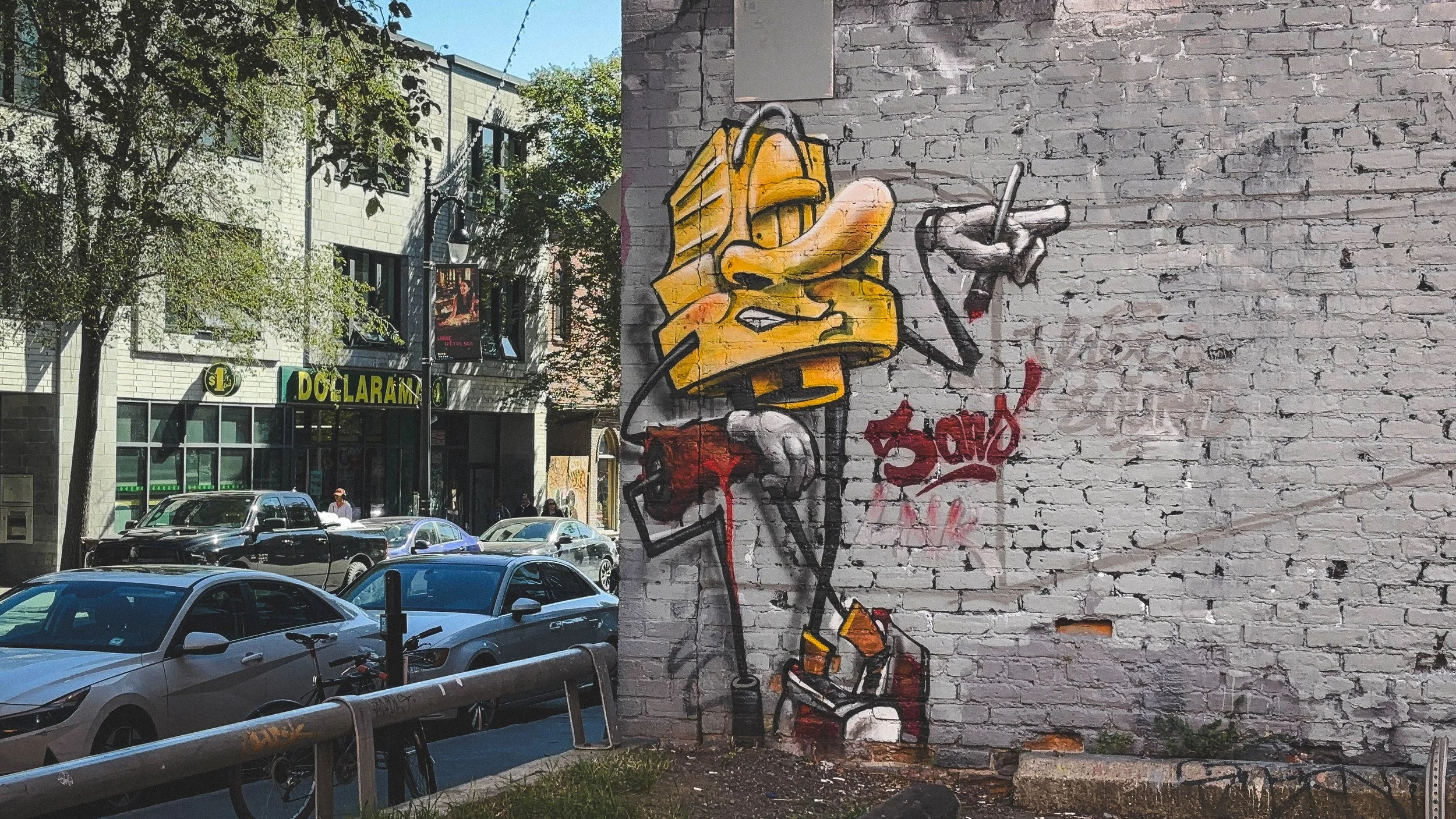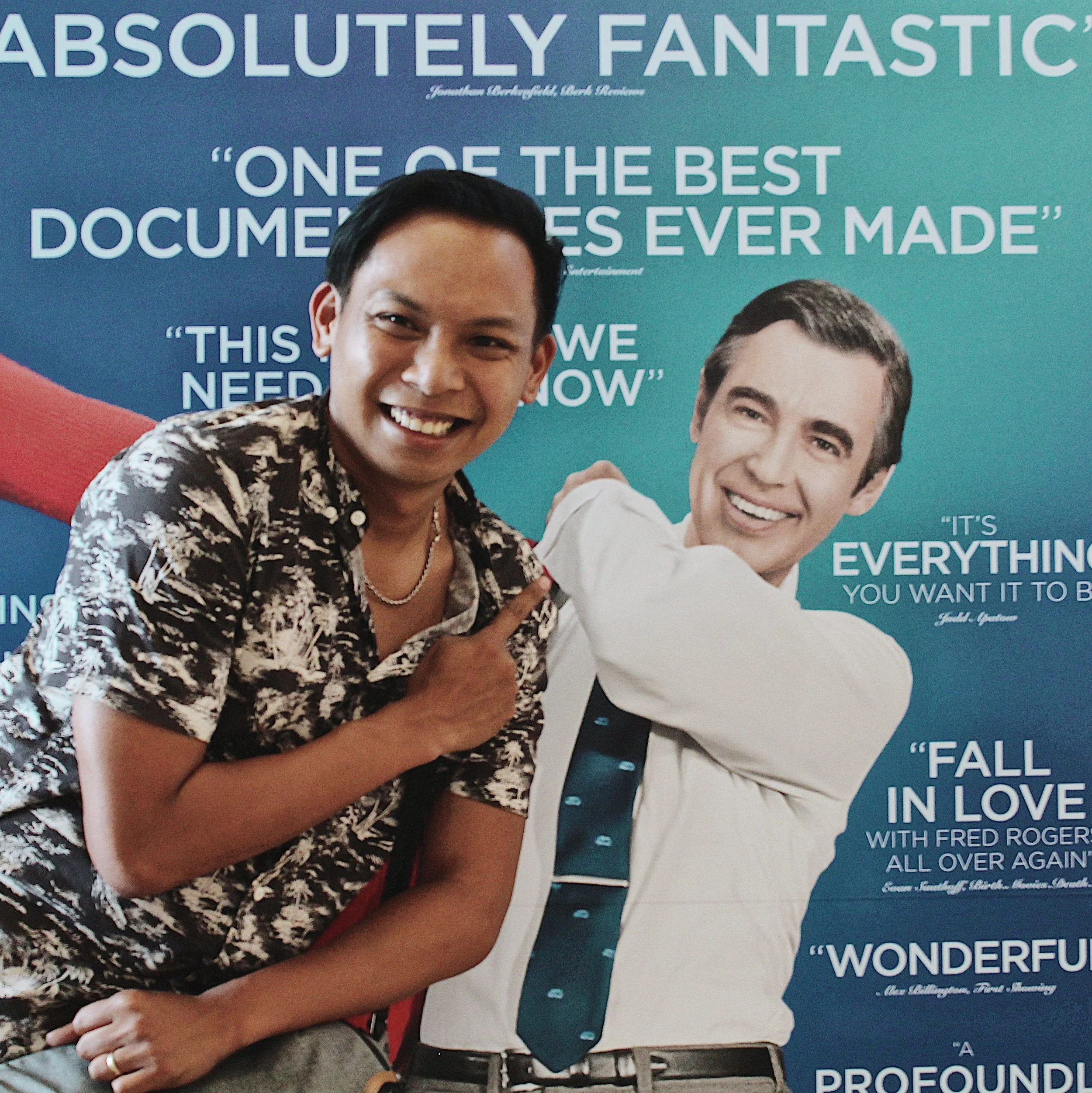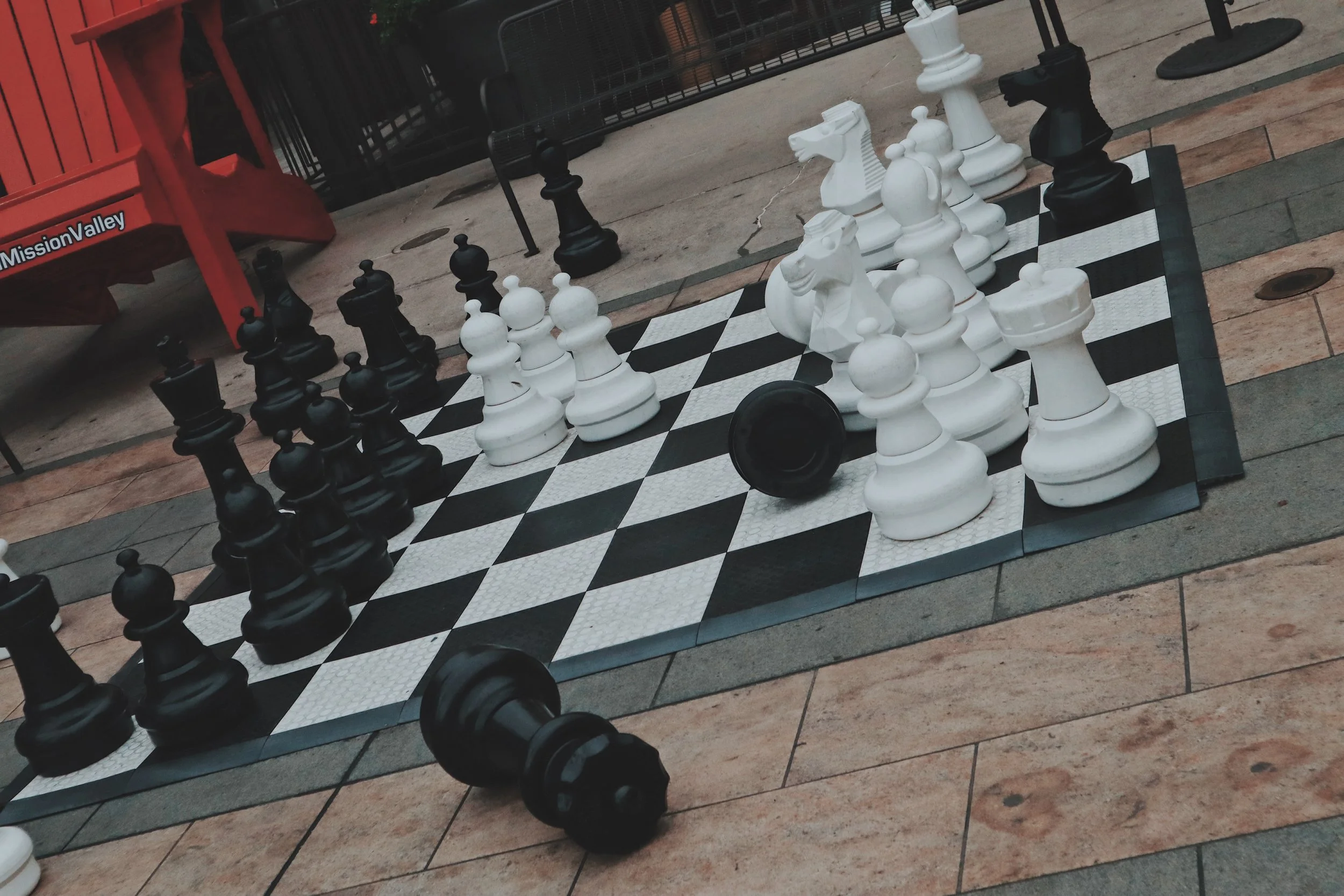A friend of mine became a true accidental influencer.
He was never the type to seek out a big internet following. He only sought to get a handful of followers. For work purposes. He made a handful of shortform videos, and a couple of them caught the fair winds of the algorithm. It was the perfect storm. Without much effort, he wound up with millions of followers in a matter of days.
He’s brilliant and creative, but even he would admit that this sort of came out of nowhere. And now it’s turned into an unintentional second job.
For the most part, his videos piggyback off of others’ conversations. He stitches on to other shortform videos and adds his insight.
“Of course, whenever I start my videos by yelling WRONG! they do well. Being aggressive always does a lot better than when I try to nuance things.
By this point, none of this is much of a surprise. It confirms what we already know.
The internet stirs up big feelings by design. The minds behind the apps know that nuance slows us down. Thoughtfulness leads to moderation. Anger and fear keep us coming back for more. Whenever posts deliver these, they’re destined to do well.
We live in the era of the hot take. And there’s no denying that it’s entertaining. It’s normal to start a conversation with your strongest, spiciest opinion.
It’s a structure that works very well with the way our brains’ design to process stories. And quite often, it uses that against us.
When our brains have to play defense, we’re less open. Less creative. Less effective at actual problem solving.
This reminds me of Fred Rogers. The rise of zany, slapstick children’s entertainment appalled him. It didn’t respect their developmental needs. While he was polite about “not naming any names.” But according to Maxwell King’s autobiography: “Fred abhorred violence. Even cartoon violence. He had no patience for slapstick. He believed that children needed slow, deliberate programming. He was unapologetic about the pace of his own show.”
So, no naming-and-shaming. Fred Rogers’ ultimate protest was the existence of his own show.
The deliberate pacing. The quiet music. The meaningful dialogue.
It was a form of quiet protest. Soft but strong. And its memory has outlived many of the shows he sought to contrast.
Of course I’m nowhere near Fred Rogers’ level. But the noise of incessant hot takes still makes me want to swing in the other direction.
I’ve seen so many articles and videos giving tips on how to drive up video view counts by stirring the pot. By starting with controversy. By flirting with ragebait. And straight up, I don’t want to play that game.
I’ve rejected a lot of these “best practices.” I’ll attract a smaller crowd, but I’d much rather have that than a crowd that turns out for drama.
The effects of living in a culture that amplifies the loudest voices are well documented.
Yes, we get a world where everyone’s angry all the time. Yes, we get a world where people gain influence by being loud.
People are capable of nuanced opinions. We don’t have to be walking caricatures of a particular worldview. But it’s common to only hear opinions the loudest and most extreme voices. That makes people pull back. Rational people retreat from conversations about important topics. The world becomes even more deprived of healthy dialogue.
I would like to live in a world of fewer hot takes.
But that doesn’t mean I want to live in a world of muzzled opinions.
I want points-of-view.
Those are different from hot takes. The difference is subtle but significant.
A point-of-view is a perspective. It contains opinions, sure, but it’s more than that. It’s a way of seeing the world.
When you’re prompted for a hot take, you’re asked for a strong opinion you have. An unpopular opinion, or one on a touchy subject.
But a point-of-view is more than an opinion. It’s a way of seeing the world.
This idea became clearer to me through improv. In improv, one of the most important things to establish in a scene is a character’s point-of-view. Without one, the characters and the scene will most likely flounder. A strong point-of-view invites goals, actions, choices, and reactions. Pick one and everything flows with ease. On stage, even a simple point-of-view can carry a scene.
This is one of those times where a skill you sharpen through improv applies quite well to the rest of life.
As you go through the world, know your POV.
On stage, once you’ve established a point of view and made it known to your scene partners, there’s a lot you can do. You can explore how having a particular point of view applies to different scenarios. Do you have a character whose point of view is to always be polite? How would they handle a career in professional wrestling? You can push that belief to its limits and the point of absurdity.
Another thing to do? Explore where that belief came from.
Does your character believe in always being polite because mom said so? Because they were a jerk before and they need to restore balance?
This is actually one of the biggest differences between a point-of-view and a hot take. Hot takes are cheap. People adopt them for sport.
But a point of view? It has an origin story. It comes from somewhere.
You aren’t shooting from the hip for the sake of having an opinion.
You’re drawing from an experience.
Because of this, it means your opinions aren’t colored by some other commentator’s words. They’re tied to values and beliefs that you embrace because of something you’ve gone through.
Imagine if our world was a lot less reactionary.
Imagine if whenever a bill was being passed and we didn’t look to our usual talking heads to see what they thought.
Imagine if a threat emerged and we didn’t pick our response based on political allegiance.
Instead, what if we ran those experiences through our biggest beliefs. Our decisions about what’s important in life. What matters at the end? How we’re supposed to relate to each other?
It might make the world less of a spectacle and more of a space to put our perspective into practice.
We live in a very loud, angry, and opinionated era. But I don’t think that our response should be to abandon our beliefs for the sake of civility. We need to dive deeper into them. See where they came from. See how they color what’s in front of us. See what we’re supposed to do next.
Hot takes are cheap.
A true point-of-view will actually ask something of you.







